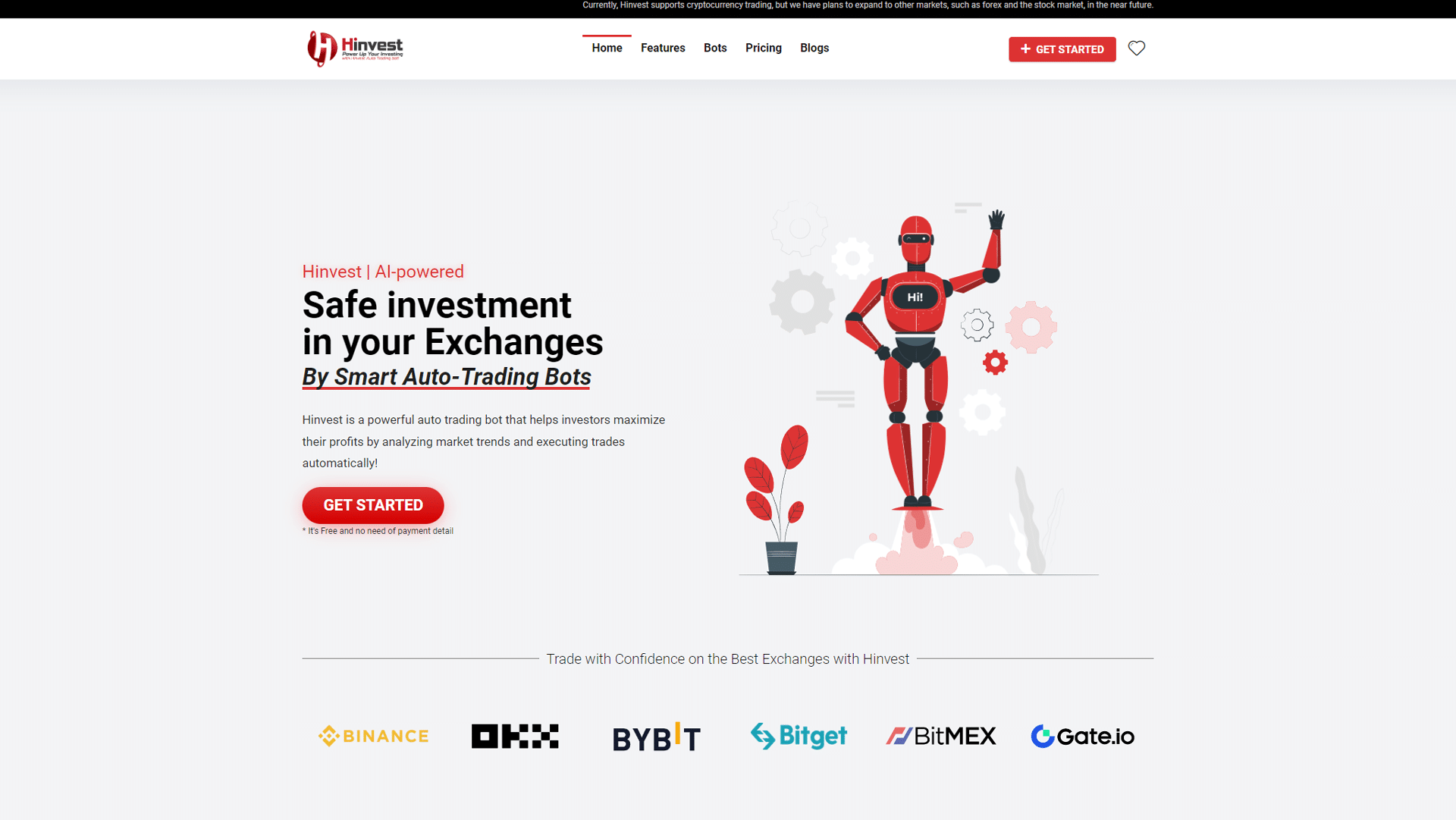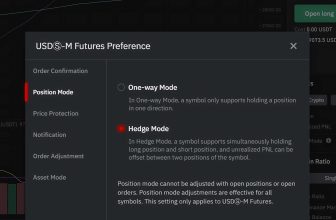Have you ever wondered about the giants of the financial world, the hidden forces that have the power to shift markets single-handedly? These are the financial whales, the Goliaths of finance, whose activities can significantly influence market dynamics. Let’s dive into the depths of financial markets and meet these whales up close.
Introduction to Financial Markets
Financial markets are places where the trading of securities such as stocks, bonds, currencies, and commodities take place. They can be physical locations or virtual spaces built on sophisticated electronic trading platforms. Financial markets are the economy’s lifeblood, facilitating the flow of funds from those with surplus capital to those needing it.
Decoding the Jargon: Understanding Financial Markets
Understanding financial markets might seem like learning a new language, with its complex jargon and esoteric terminologies. The list goes on: securities, derivatives, indices, yield, liquidity. But fear not. Breaking down this jargon, one term at a time, we can unravel the mysteries of financial markets. It’s like assembling a puzzle. Every piece and term has its place in the grand scheme of things. And it all begins to make sense once you see the bigger picture.
Brief History of Financial Markets
Historically, financial markets have played a crucial role in economic development. From the banking innovations in Renaissance Italy to the birth of the first stock exchange in Amsterdam in the 17th century and the digital revolution of the 21st century, financial markets have evolved dramatically. These changes reflect the broader shifts in society, technology, and the economy, making the history of financial markets a fascinating study in its own right.

Who are the ‘Whales’ of Financial Markets
Some creatures are bigger than others in the vast ocean of financial markets. Among the biggest, and certainly the most influential, are the financial whales.
Financial Whales: The Invisible Market Movers
So, who exactly are these ‘whales’? They are the large market players—individuals, institutions, or countries—that hold a significant proportion of a particular asset. Their trades are so large that they can significantly move the markets. From major investment banks and hedge funds to high-net-worth individuals and governments, these financial whales are the invisible forces that often shape market trends.
Criteria for Being a Financial Whale: Power and Influence
What qualifies someone or something as a financial whale? It’s not just about the size of the assets they hold. It’s about the influence they wield, the power they have to move the markets. When a whale makes a move, the ripple effects can be felt across the entire market.
Major Whales in Different Financial Markets
There are whales in all types of financial markets. Let’s meet some of these titans in their respective domains.
Whales in the Stock Market: From Individual Investors to Institutions
In the stock market, whales can range from billionaire individual investors to giant institutional investors. Take Warren Buffet, for instance. His company, Berkshire Hathaway, is renowned for its strategic stock picks that often lead to market movements. Institutional investors like BlackRock, with its trillions of dollars in assets under management, also significantly influence stock prices.
The Dominance of Whales in the Cryptocurrency Market
In the volatile world of cryptocurrencies, whales hold a sizable portion of the total coins in circulation. Their trading activities can cause huge price swings, leading to dramatic bull and bear markets.
Whales in the Commodities Market: Traders, Companies, and Countries
Whales can be large trading firms, multinational companies, or even countries in the commodities market. For example, major oil companies and oil-rich countries can influence the price of oil on the global market.

How Financial Whales Influence the Market
The impact of whales on financial markets cannot be understated. Their activities can significantly influence market trends and create ripples that affect other market participants.
Buy Low, Sell High: How Whales Dictate Market Trends
Whales often follow a strategy of buying low and selling high. When a whale accumulates a certain asset, its price can surge due to increased demand. Conversely, when a whale decides to sell, the price can plummet due to the sudden increase in supply. In this way, whales can dictate market trends.
Market Manipulation Tactics Used by Financial Whales
It’s not always smooth sailing in the financial seas. Some whales use manipulation tactics to influence prices in their favor. They might create false market signals to lure small investors into buying or selling assets, only to do the opposite and profit from the subsequent price movement.
Pump and Dump: A Classic Whale Strategy
The ‘Pump and Dump’ is a classic whale strategy in the stock and cryptocurrency markets. A whale first ‘pumps’ the price of an asset by buying large quantities, causing other investors to follow suit and further inflate the price. Then, the whale ‘dumps’ its holdings at this high price, causing the price to crash and leaving other investors in the lurch.
Detecting Whale Activity in Financial Markets
While whales often operate behind the scenes, there are ways to detect their activities and even leverage this information to one’s advantage.
Following the Money: Tracking Large Transactions
One way to detect whale activity is by tracking large transactions, also known as ‘whale watching.’ By monitoring these transactions, traders can understand what the whales are doing and potentially anticipate market trends.
The Role of Technology in Spotting Whale Activity
Technology plays a vital role in spotting whale activity. With the advent of blockchain technology in cryptocurrencies, it has become easier to trace large transactions. Moreover, various tools and platforms now provide alerts on whale activities in different financial markets.

Impact of Whales on Other Market Participants
The actions of whales significantly impact other market participants, especially retail investors, who often find themselves at the mercy of these market giants.
Whales and Retail Investors: David vs. Goliath?
In the financial markets, it often feels like a David vs Goliath scenario, with retail investors, pitted against the mighty whales. The whales’ movements can significantly influence the price of assets, often causing volatility that can be risky for small investors.
How Whales’ Actions Impact the Broader Economy
Whales’ actions don’t just impact other market participants; they can also have broader economic implications. For instance, their trading activities can influence market prices and volatility, affect liquidity, and even impact monetary policies.
Regulating Whales in Financial Markets
Given their potential to influence markets, it’s not surprising that the activities of whales come under regulatory scrutiny. But the question remains – are the current regulations sufficient to keep the whales in check?
Current Regulations: Are They Enough to Keep Whales in Check?
Regulatory bodies worldwide have implemented measures to curtail market manipulation and ensure fair trading practices. These include imposing limits on the size of transactions, requiring disclosures for large trades, and enforcing strict penalties for market manipulation. However, despite these regulations, some believe more must be done to control whale activity and maintain market integrity effectively.
Case Studies: The Impact of Whale Regulations on Different Markets
Looking at specific markets can provide insight into the impact of whale regulations. For instance, the cryptocurrency market, which is still relatively new and largely unregulated, has seen numerous instances of suspected whale manipulation. On the other hand, more mature markets like the stock market have a comprehensive regulatory framework, although they are not completely immune to manipulation.

The Future of Whales in Financial Markets
As the financial landscape continues to evolve, the role of whales is likely to change as well. What might this future look like?
The Influence of Whales in a Decentralized Financial World
With the advent of decentralized finance or DeFi, the traditional concept of financial whales is being challenged. In DeFi, while there are still large players, the power is more distributed than in traditional finance. This raises intriguing questions about whales’ future role and influence in a decentralized financial world.
Looking Ahead: How Might the Role of Whales Change in the Future?
Predicting the future is always tricky, especially in the fast-paced world of finance. However, one thing is certain – as technology advances and financial markets become increasingly complex and interconnected, the role of whales will continue to evolve. Whether this will lead to a more balanced financial ecosystem or exacerbate existing disparities remains to be seen.
Harnessing the Power of AI to Navigate Financial Markets:
An Introduction to Trading Bots
In the vast and volatile ocean of financial markets, navigating successfully requires a combination of knowledge, skill, and a good amount of time. For many individual investors, the latter can often be a hurdle. That’s where trading bots come in, offering an efficient and often more effective way to trade. These bots use AI and algorithms to execute trades, analyze markets, and even mitigate risks.
Trader Bots: Minimizing Risks, Maximizing Returns
Trading bots can perform trades at lightning speed, capitalize on small price differences, and operate 24/7. This means they can take advantage of opportunities that a human trader might miss. What’s more, these bots are emotionless and strictly follow the pre-set rules, thereby eliminating the emotional and psychological risks associated with human trading.
Hinvest.ai: Your Trusted AI Trading Bot
If you’re considering integrating a trading bot into your investment strategy, consider Hinvest.ai. This AI-powered trading bot is designed to navigate the complexities of the financial markets, making well-informed trading decisions on your behalf. It offers users an easy-to-use interface, sophisticated algorithms, and robust risk management features, making it a great tool for both novice and experienced investors. With Hinvest.ai, you can stay ahead of the curve and navigate the financial markets with ease and confidence.
- Ai-Powered Trading Bot
- Ideal for beginners
- Easy-to-use platform
- The low minimum investment required
- Offers a range of trading strategies
- 24/7 customer support
- Limited range of exchanges supported
- Only supports trading in cryptocurrency markets.
Free Trial: Yes
Types of Bots: Ai Smart Bot, Autopilot Bot, DCA Bot, Hodl bot, Trend bot, Market Spot, Futures, and Customizable Bots
Mobile Apps: Coming soon
Exchanges: Binance, Bybit, Bitget, OKX, Kucoin, Gate
In summary, Hinvest is the best option for beginners who are looking for a simple and user-friendly way to automate their crypto trading strategies.
With its AI-powered technology, the bot is able to make informed trading decisions, reducing the risk of human error and maximizing profits.
Its low minimum investment and range of trading strategies also make it an ideal choice for those new to the industry and wanting to get started with minimal risk. Additionally, the 24/7 customer support offered by Hinvest ensures that users can get help whenever needed, making it a reliable and trustworthy option.
Conclusion: Living with the Whales in Financial Markets
Lessons Learnt from Past Whale Activities
The activities of whales in the past have taught us valuable lessons about the dynamics of financial markets. They’ve shown us how market manipulation can lead to significant losses for smaller investors and highlighted the importance of regulatory oversight to maintain market integrity.
Strategies for Small Investors in a Market Dominated by Whales
In a market dominated by whales, small investors need to tread carefully. One strategy is to stay informed about market trends and be aware of potential whale activities. Diversification of investments can also help mitigate risks.
Remember, while it’s impossible to control the actions of whales, it’s entirely within your power to control your investment decisions. In the world of finance, knowledge is your greatest asset.
FAQs:
Who are the ‘whales’ in financial markets?
Whales are large market players—individuals, institutions, or countries—that hold a significant proportion of a particular asset. Their trades are so large that they can significantly move the markets.
How do whales influence financial markets?
Whales can dictate market trends through their trading activities. When a whale accumulates a certain asset, its price can surge due to increased demand. Conversely, when a whale decides to sell, the price can plummet due to the sudden increase in supply.
Can we detect the activities of whales in financial markets?
Yes, whale activity can often be detected by tracking large transactions. Various tools and platforms also provide alerts on whale activities in different financial markets.
What is the impact of whales on other market participants?
The whales’ movements can significantly influence the price of assets, often causing volatility that can be risky for small investors. Their trading activities can influence market prices and volatility, affect liquidity, and even impact monetary policies.
What are some strategies for small investors in a market dominated by whales?
Small investors must stay informed about market trends and be aware of potential whale activities. Diversification of investments can also help mitigate risks associated with the actions of whales. Remember, knowledge is your greatest asset in the world of finance.







